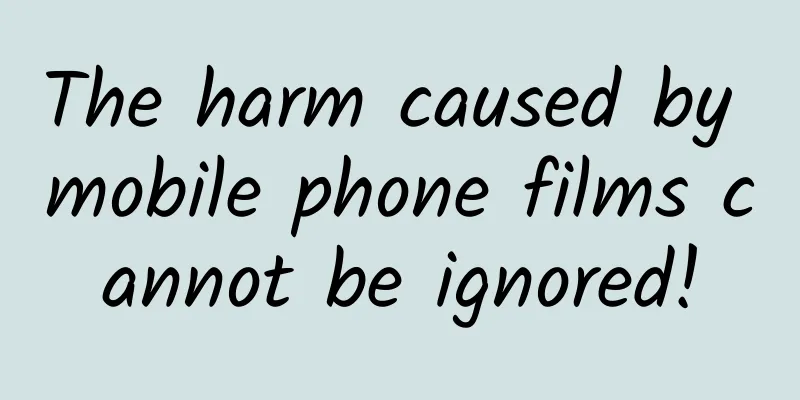What to do if hand, foot and mouth disease causes fever

|
Hand, foot and mouth disease is a disease with a particularly high incidence in infants and young children, and fever is its most typical symptom. Hand, foot and mouth disease is generally caused by a viral infection. If treated properly, it can generally be cured. However, if parents do not take their children to the doctor in time and delay the best treatment time, it will have a great impact on the child's body. So, what should you do if hand, foot and mouth disease causes a fever? 1. General treatment If there are no complications, the prognosis of this disease is generally good and most patients recover within a week. Mainly for symptomatic treatment. (1) First, isolate the sick child, and those in contact should be disinfected and isolated to avoid cross infection. (2) Provide symptomatic treatment and maintain good oral care. For severe oral herpes and ulcers, gargle or apply Kangfuxin liquid to the affected area. You can also mix montmorillonite powder into a paste and apply it to the ulcer surface with a cotton swab after meals. (3) Clothes and bedding should be clean, comfortable, soft, and changed frequently. (4) Cut your baby’s nails short and wrap your baby’s hands if necessary to prevent scratching the rash. (5) In the early stages of a rash on the hands and feet, apply calamine lotion. When herpes forms or breaks, apply 0.5% iodine tincture. (6) For babies with rashes on their buttocks, their urine and feces should be cleaned up at all times and their buttocks should be kept clean and dry. (7) You can take antiviral drugs and Chinese herbal medicines that clear heat and detoxify, and supplement vitamins B and C. 2. Combined treatment
(1) Closely monitor changes in the patient's condition, especially the functions of important organs such as the brain, lungs, and heart; for critically ill patients, pay special attention to monitoring blood pressure, blood gas analysis, blood sugar, and chest X-ray. (2) Pay attention to maintaining the balance of water, electrolytes, acid and alkali, and protecting important organs. (3) Patients with increased intracranial pressure can be given dehydration treatment such as mannitol. Severe cases can be given drugs such as methylprednisolone and intravenous immunoglobulin as appropriate. (4) Patients with signs of respiratory failure such as hypoxemia and dyspnea should receive mechanical ventilation as soon as possible. (5) Maintain stable blood pressure and administer vasoactive drugs if necessary. Treatment of other severe conditions: If DIC, pulmonary edema, heart failure, etc. occur, appropriate treatment should be given. 3. Antiviral drugs Because antiviral drugs are generally best used 24 to 48 hours before onset of illness. Often when we diagnose hand, foot and mouth disease, the most effective treatment stage has passed, and the use of antiviral drugs is not recommended now. |
>>: How to make bamboo shoots less bitter
Recommend
How to adjust the bite of teeth
If the teeth are not aligned, it will often affec...
How is cholangiography performed?
Cholangiography is a common method for examining ...
How did rabies come about?
Rabies is a sexually transmitted disease that is ...
How to effectively remove closed comedones?
Closed comedones are actually what we call a skin...
Symptoms of myocardial damage in newborns
We all know that babies are the cutest but also t...
What causes left atrial pain?
You should pay attention to left atrial pain, as ...
What topical medication should be used for paronychia?
Having paronychia is really painful. You have to ...
Urethra pain when urinating
Women will encounter many problems in life, and g...
Can chronic gastritis drink yogurt?
The increasingly fast pace of life has brought co...
Functions of the spleen
The spleen is one of the important organs in the ...
Do pregnant women need to take folic acid all the time?
Women should always pay attention to changes in t...
Introduction to the theory that the liver is yin in nature but functions as yang
Traditional Chinese medicine is not as highly reg...
Red eyes in children
The symptom of red circles under children's e...
What is acupuncture therapy
Acupuncture knife therapy, as the name suggests, ...
What changes occur in the fetal heart rate during pregnancy?
Listening to the fetal heart rate during pregnanc...









